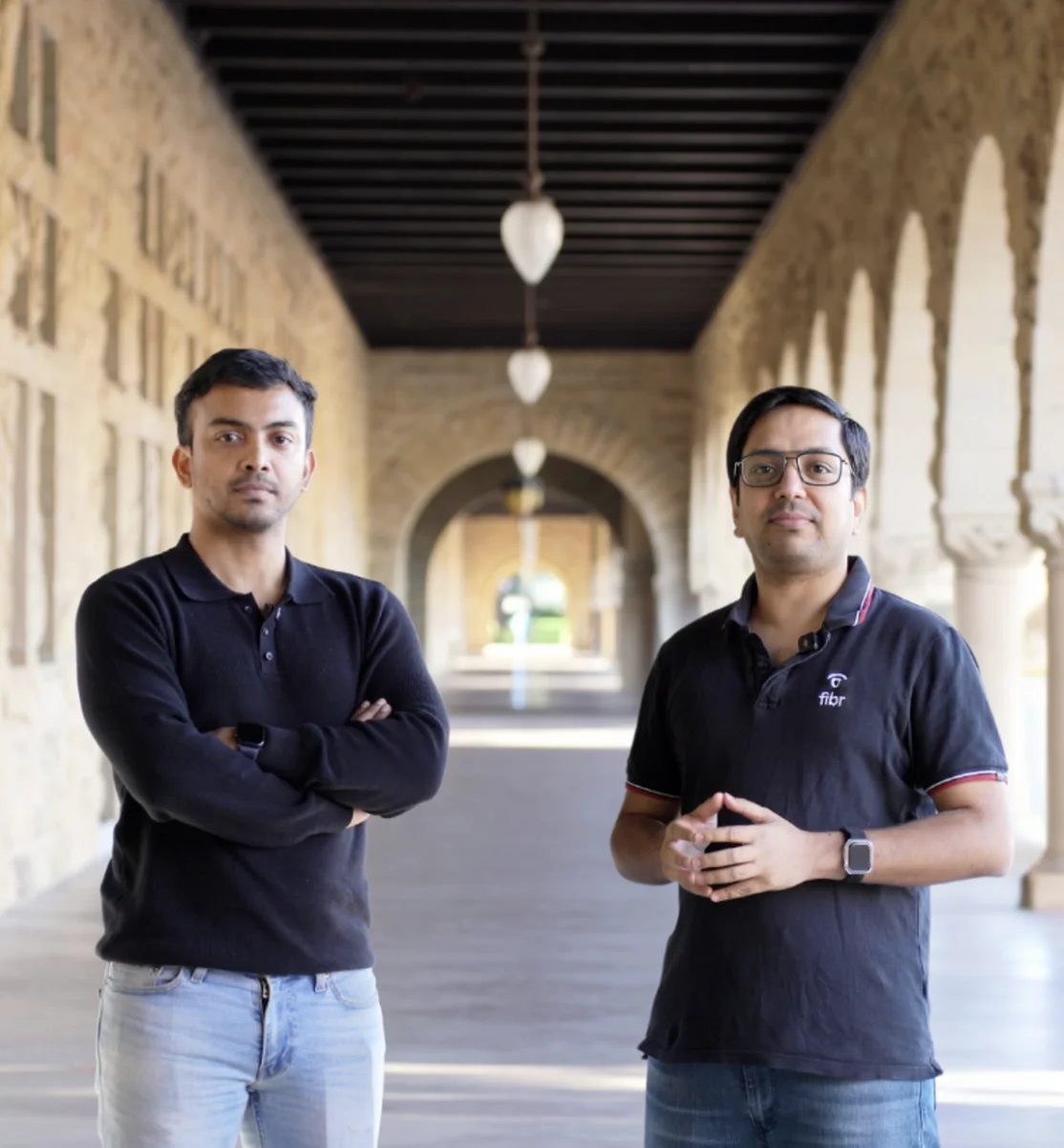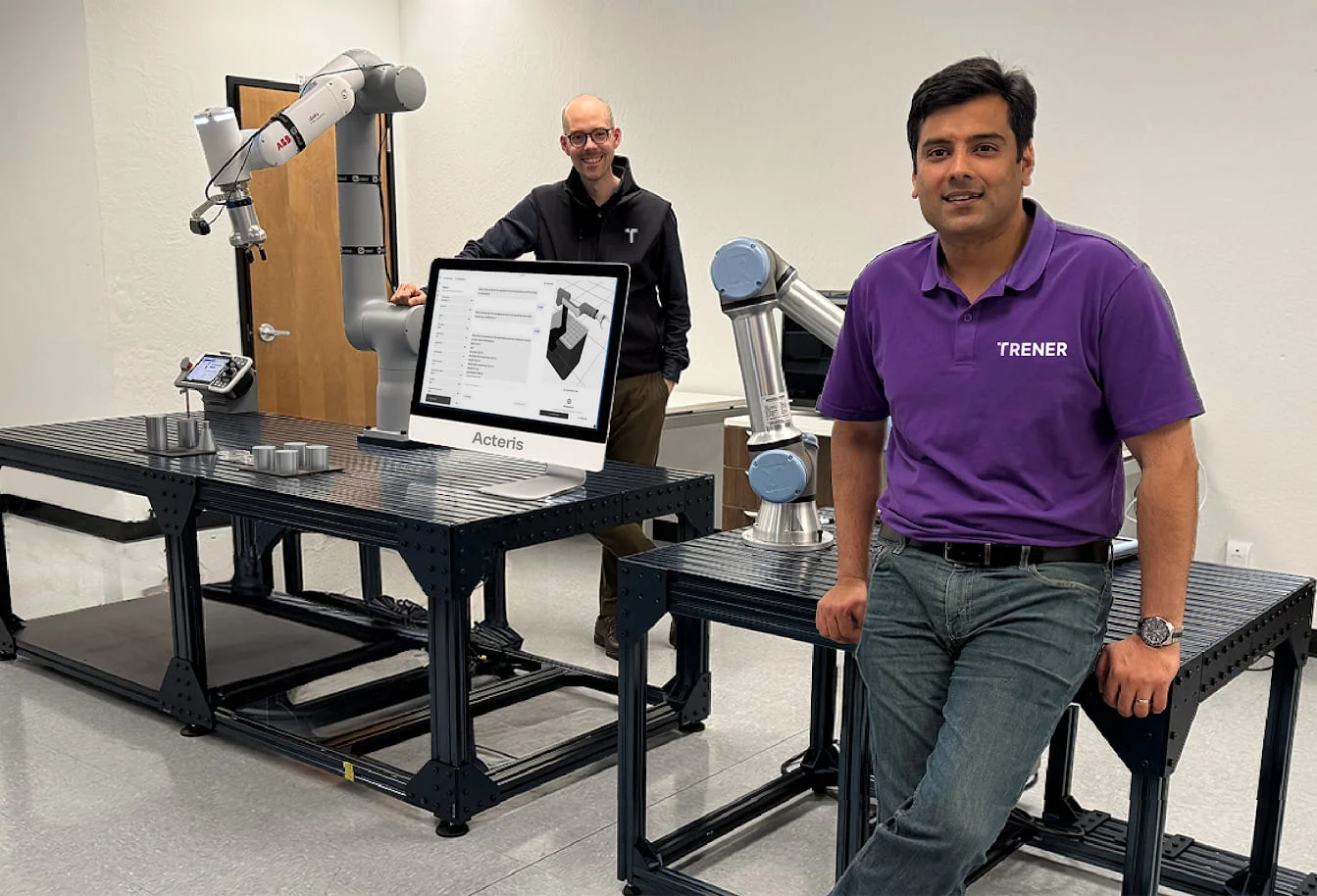Acclaimed security technologist Bruce Schneier, speaking at TEDxBillings last month, argued that artificial intelligence (AI) will dramatically alter the landscape of democracy, not just in surface-level concerns like misinformation but in far deeper ways. According to Schneier, AI will transform the foundations of governance, law, and citizen interaction with governments.
Schneier pointed out that AI’s influence on democracy will manifest in four major areas: lawmaking, lawyering, law enforcement, and adjudication.
“AI can take human-written laws and figure out what they actually mean,” he said, while noting that AI’s ability to detect legal loopholes and simulate the consequences of policy changes will lead to more complex and nuanced legislation. “AI will be able to write more complex law than humans can,” he added.
In the legal profession, AI could drastically reduce the cost of legal representation.
“A public defender with extra help from an AI is going to be a lot better than an overworked human public defender with no help,” said Schneier. However, this shift may further disadvantage the poor. He went further: “The rich get the combination, and the poor are stuck with just the AI.”
AI’s role in enforcing laws will also evolve, taking tasks to an unprecedented scale.
“AI can automatically identify people who cheat on tax returns, audit government contracts, and issue citations,” Schneier stated. Although this will enhance efficiency, it raises concerns about over-surveillance and bias, much like human law enforcement.
Finally, AI could transform dispute resolution. Schneier sees a time when “dispute resolution is both cheap and fast,” allowing conflicts to be resolved in minutes rather than months. This could change how partnerships and businesses operate, he believes.
As AI continues to advance, Schneier warned: “AI is fundamentally a power-enhancing technology. We need to ensure that it distributes power and doesn’t further concentrate it.” His message is clear: AI’s impact on democracy is inevitable, but its outcome depends on how we handle its deployment.






